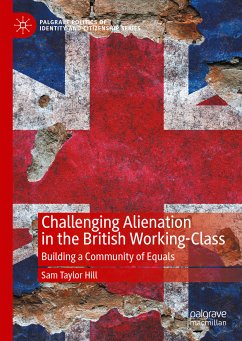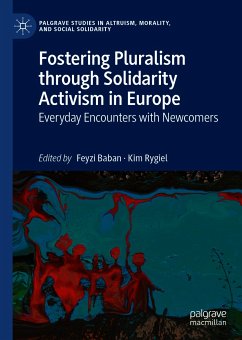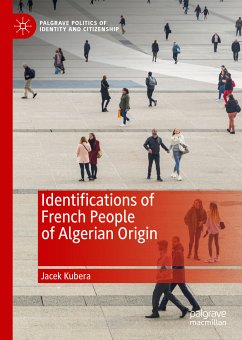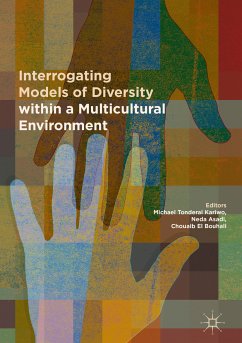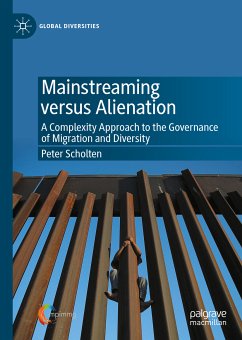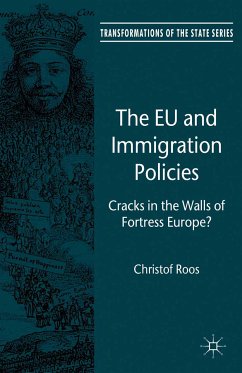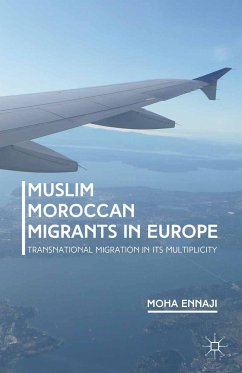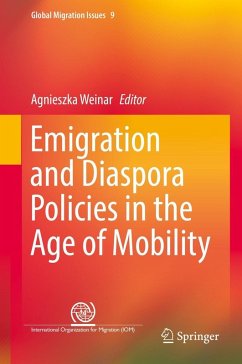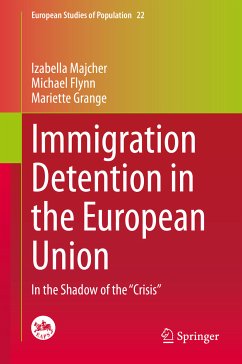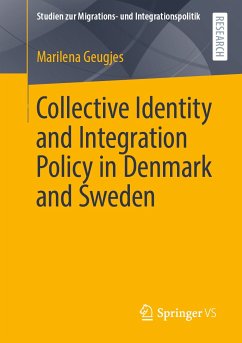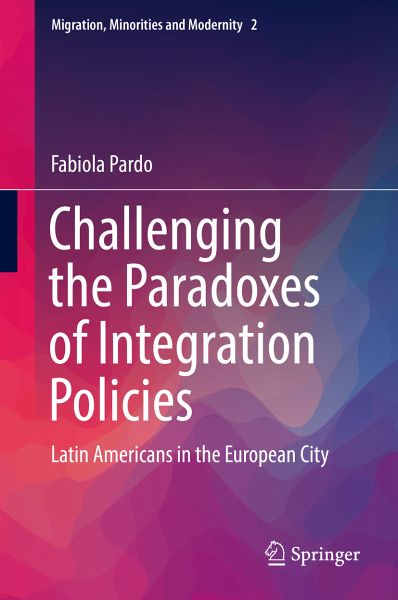
Challenging the Paradoxes of Integration Policies (eBook, PDF)
Latin Americans in the European City
Versandkostenfrei!
Sofort per Download lieferbar
40,95 €
inkl. MwSt.
Weitere Ausgaben:

PAYBACK Punkte
20 °P sammeln!
This book traces Latin American migration to Europe since the 1970s. Focusing on Amsterdam, London, and Madrid, it examines the policies of integration in a comparative perspective that takes into account transnational, national, regional and local levels. It examines the entire mechanism that Latin American migrants confront in the European cities they settle, and provides readers with a theoretical framework on integration that addresses the concepts of multiculturalism, interculturality, transculturality and transnationalism. This work is based on rich qualitative data from in-depth intervi...
This book traces Latin American migration to Europe since the 1970s. Focusing on Amsterdam, London, and Madrid, it examines the policies of integration in a comparative perspective that takes into account transnational, national, regional and local levels. It examines the entire mechanism that Latin American migrants confront in the European cities they settle, and provides readers with a theoretical framework on integration that addresses the concepts of multiculturalism, interculturality, transculturality and transnationalism. This work is based on rich qualitative data from in-depth interviews, focus groups and participant observation complemented by a substantial documentary and legislative analysis. It reveals that current policies are limited and migrants are excluded in most of the formal venues for integration. In addition, the book shows the many ways that migrants negotiate the constraints and imperatives of integration. In Western Europe today, immigrants are largely assuming the entire responsibility of their integration. This book provides readers with much needed insight into why European integration policies are not responding to the needs of immigrants nor to society as a whole.
Dieser Download kann aus rechtlichen Gründen nur mit Rechnungsadresse in A, B, BG, CY, CZ, D, DK, EW, E, FIN, F, GR, HR, H, IRL, I, LT, L, LR, M, NL, PL, P, R, S, SLO, SK ausgeliefert werden.



